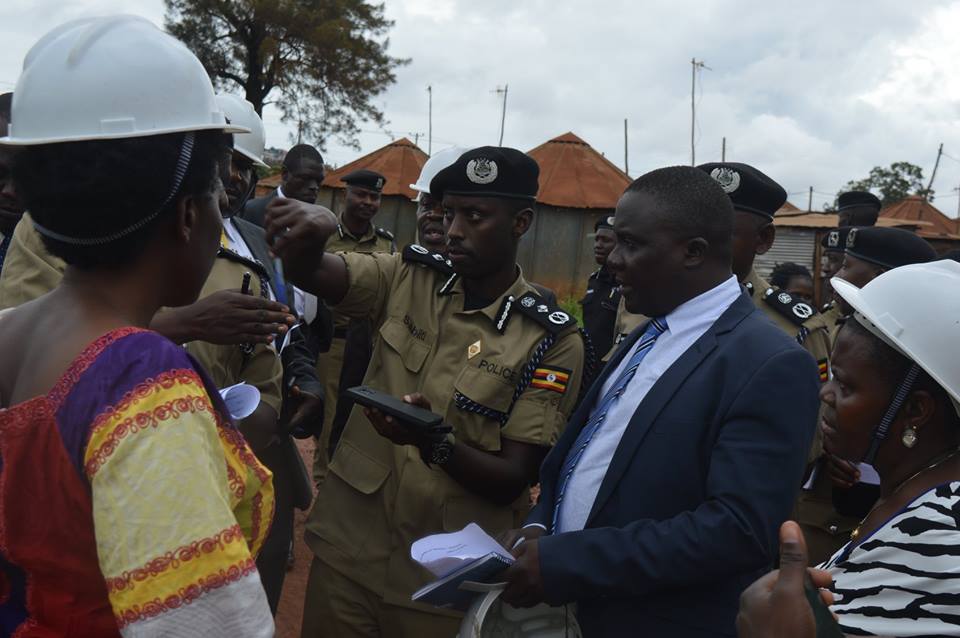
Over 4,000 cases that require DNA and toxicology tests remain unresolved in the government regional analytical laboratories, according to a report.
The report from the Committee on Defense and Internal Affairs was recently presented to parliament after a fact-finding field visit to Eastern Uganda, Mbale District to appraise the status of the Regional Forensic Laboratory under the Directorate of Government Analytical Laboratory (DGAL).
During the field visit, MPs led by committee chairperson, Judith Nabakooba (Mityana District) revealed that government regional forensic laboratories have a current case backlog of 5,556 criminal cases, 1,524 DNA cases and 3,292 toxicology cases.
“The Committee noted that the DGAL is still unable to reduce case backlog which negatively impacts the administration of justice. Most common cases that DGAL receives in big number are those that require DNA analysis for crimes related to, murder/homicides and sexual assaults (rape and defilement) and toxicology/poison cases,” the report stated.
DGAL that is under the Ministry of Internal Affairs provides a full range of general scientific analytical, forensic and advisory services that facilitate effective legal proceedings to dispense justice, safeguard public and environmental health and safety, as well as promotion of trade.
The Committee in its report noted that most regional labs have no space for expansion and shortage of laboratory staff due to inability to attract and retain scientists and lack reagents due to limited funding.
The Committee further noted that despite the completion of the forensic laboratories of Mbale, Mbarara and Moroto in 2014, the said laboratories have not been fully operationalized due to lack of funding.
In its recommendations, the committee urged government to allocate more funds to DGAL since underfunding has been a recurring challenge the Directorate faces since its inception. The committee also called for recruitment of staff in the next financial year after it emerged that there are only 50 staff countrywide yet the approved structure for the Directorate by the Ministry of Public Service is 124 staff.
The report also recommended that more staff should undergo short courses and post-graduate courses with the help of government subsidies ln order to improve the quality of DGAL staff performance and efficiency.
The Semi-Annual Budget Performance Report 201612017 indicates that between June and December, 2017, only 1 (one) staff completed a master’s degree and 4 staff trained in either cyber security or method validation.
